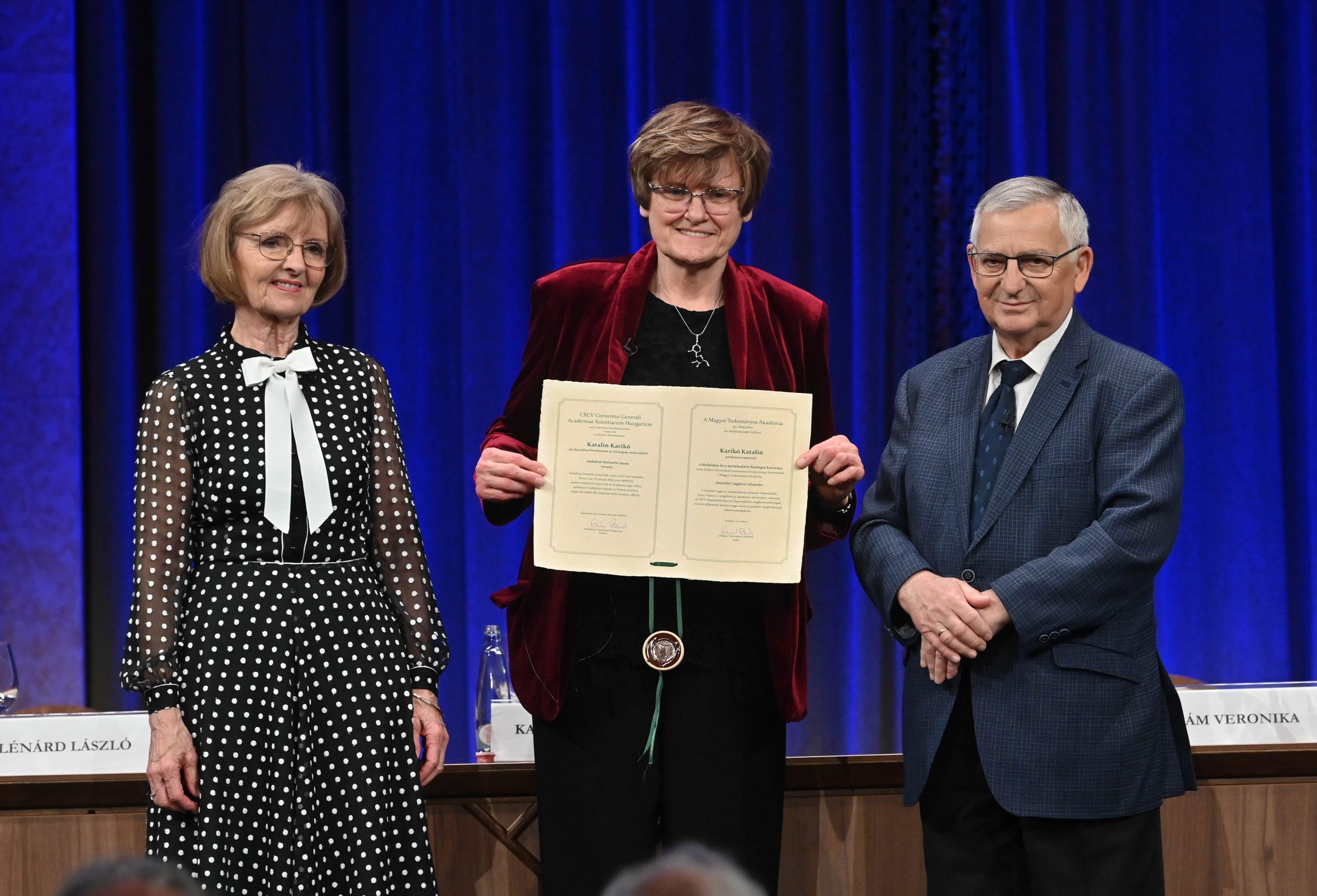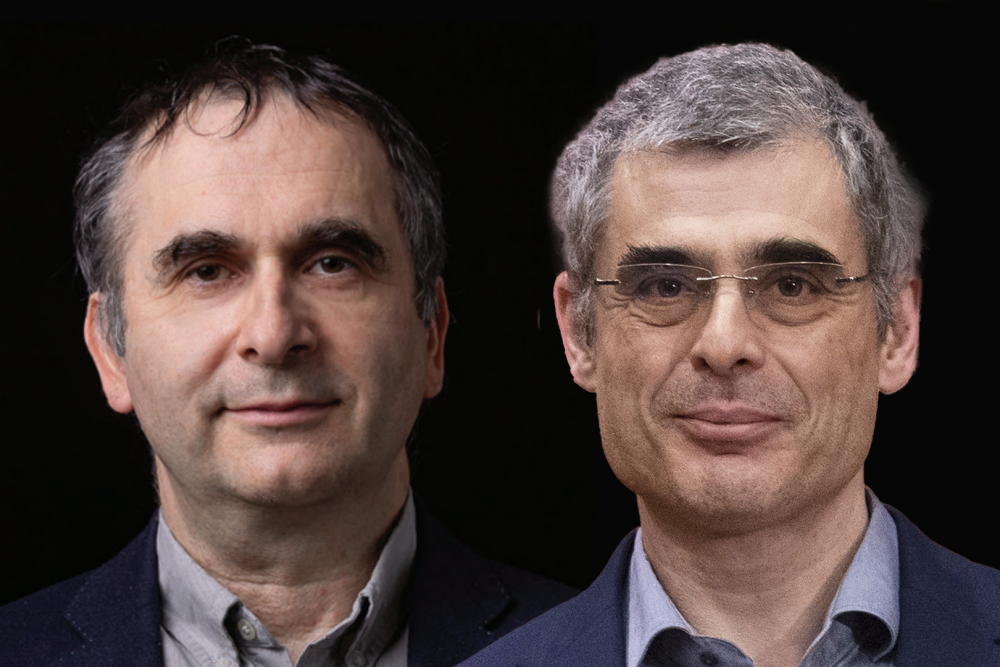
The Nobel Prize-winning scientist's lecture was titled "The Therapeutic Application of mRNA."Continue reading

András Stipsicz, a mathematician, and Csaba Pál, a biologist, have both been offered Advanced Grants by the European Research Council (ERC) in recognition of their outstanding research achievements over the past ten years.
The ERC, the European Union’s largest funding body for frontier research, announced on Thursday the winners of its Advanced Grant scheme. Of the 1,829 proposals submitted, 255 were awarded a total of EUR 652 million in funding.
Among the winners, András Stipsicz (HUN-REN Rényi Alfréd Institute of Mathematics, MTA Research Site of Excellence) in the category of Physical and Technical Sciences, and Csaba Pál (HUN-REN Biological Research Center, Szeged, MTA Research Site of Excellence) in the category of Life Sciences, will be able to carry out a five-year research program with their research groups with the support of the EU organization.
Good news today for 255 outstanding research leaders who have been offered ERC Advanced Grants.
The new funding, worth nearly €652 million, is part of the EU’s #HorizonEurope programme.
Read more https://t.co/HB95Po7e0o#ERCAdG #FrontierResearch @EUScienceInnov pic.twitter.com/EFCNADcR2L
— European Research Council (ERC) (@ERC_Research) April 11, 2024
András Stipsicz, an expert in low-dimensional topology and contact topology, is the director of the HUN-REN Rényi Alfréd Research Institute of Mathematics, and a previous winner of the Hungarian Lifeline (Élvonal) and Momentum (Lendület) tenders and an ERC Advanced Grant in 2012.
The title of his funded research program is “Knots and Surfaces on Four-Manifolds.” Four-dimensional manifolds are rather strange compared to other dimensional manifolds, as there are many interesting phenomena that occur only in four dimensions. The main objective of the project, which is being launched with EUR 2 million in funding, is
to develop methods and approaches to better understand these peculiar objects.
The main novelty in their approach is the systematic use of cluster theory methods.
Csaba Pál is Scientific Advisor at the Institute of Biochemistry, HUN-REN Biological Research Center, Szeged, and a two-time winner of the Momentum (Lendület) grant and the third ERC grant (2008 – ERC Starting Grant; 2015 – ERC Consolidator Grant).
With a five-year grant of EUR 2.5 million,
his research group will focus on the underlying mechanisms of antibiotic resistance development.
Their research investigates whether and by what mechanisms pathogens develop resistance in laboratory conditions. Using molecular databases, they plan to demonstrate that the mutations observed in the laboratory that confer resistance are already present in bacteria found in nature and in hospitals. They may even be present in beneficial bacteria in the human gut flora. His research team will use their findings to suggest ways to develop better antibiotics.
Via MTI, Featured image: mta.hu